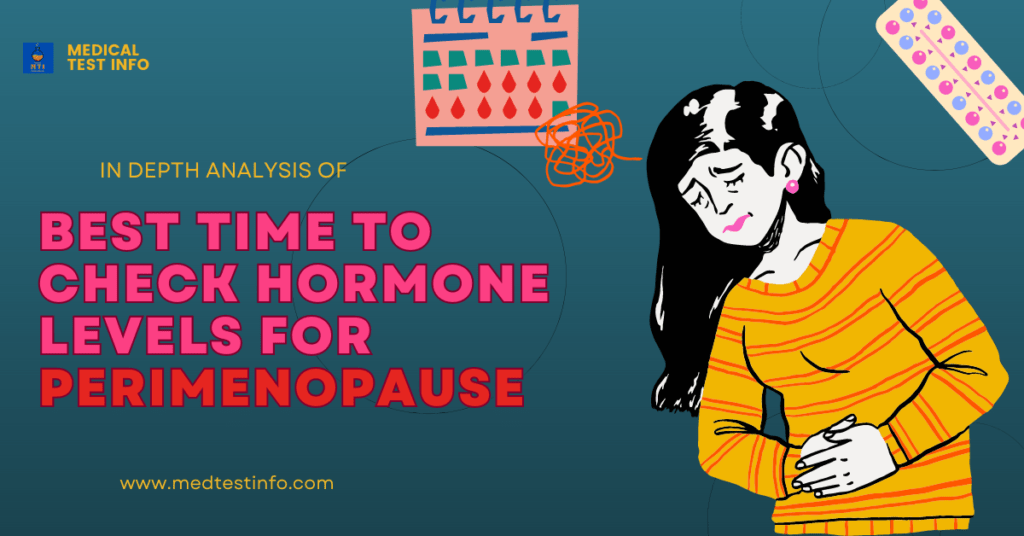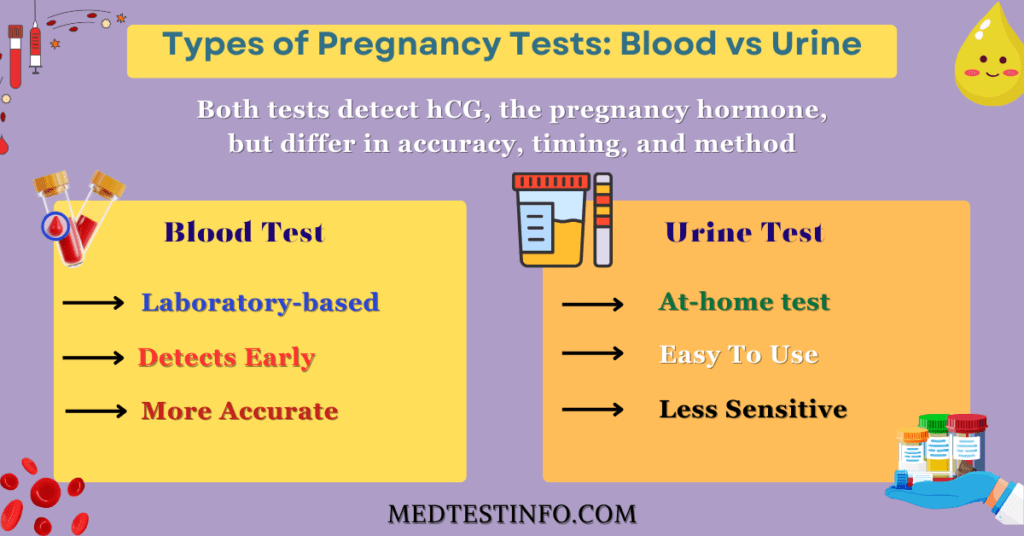
Overview
Micronutrients, such as vitamin D, calcium, magnesium, and iron, are essential for helping women maintain their health and energy levels. They are vital in keeping our bones strong, boosting our immune system, and enhancing our overall health. Many women, often without realizing it, face deficiencies that impact their everyday experiences.
Feeling tired, experiencing muscle weakness, or having brittle nails might appear insignificant, but they could indicate something more serious beneath the surface. If we don’t take action soon, these issues could result in significant health concerns such as anemia or osteoporosis.
That’s where tests for micronutrient deficiencies in women become essential. These straightforward tests assist in recognizing nutrient deficiencies and provide helpful solutions. By tackling deficiencies early on, women can safeguard their long-term health and keep their energy levels high.
Recognizing the importance of these tests is the first step toward improving your health. In this guide, we’ll explore the importance of testing, how it works, and how it can enhance your overall well-being.
What Are Micronutrient Deficiencies?
Micronutrient deficiencies happen when your body doesn’t get the vital vitamins and minerals it needs to stay healthy and function at its best. Even though these nutrients are required in tiny quantities, they significantly impact your overall well-being. They play a crucial role in keeping our bones healthy, boosting our energy, strengthening our immune system, and supporting many essential bodily functions.
Micronutrient deficiency tests hold significant importance for women. During hormonal changes, pregnancy, and menstrual cycles, it’s typical for key nutrients such as vitamin D, calcium, magnesium, and iron to become depleted. As time passes, these deficiencies can lead to feelings of tiredness, fragile bones, or a less robust immune system.
Some typical reasons for deficiencies are an unbalanced diet, limiting food choices, or not including enough nutrients. Certain life phases, such as pregnancy or menopause, might raise the need for particular micronutrients. Chronic stress and medical conditions can also create gaps in our nutrient intake.
Finding problems early with micronutrient tests for women can help catch these issues before they turn serious. When we take the proper steps, we can handle deficiencies effectively, and in many situations, we can even prevent them from happening in the first place.
By recognizing the importance of micronutrient deficiencies and how they affect your well-being, you can take meaningful steps to maintain your overall well-being.
Signs And Symptoms Of Micronutrient Deficiencies In Women
Micronutrient deficiencies can easily be overlooked since their early symptoms are mild. However, ignoring them might result in long-term health problems. Noticing the signs early on is essential for addressing the issue in the best way possible.
Many women experience persistent fatigue, a common sign of micronutrient deficiencies. When iron levels drop, this can lead to anemia, which can make one feel exhausted and drained. Brittle nails, thinning hair, and dry skin could also indicate that the body lacks vitamin D, calcium, or magnesium.
Muscle cramps or spasms can often indicate that your body lacks magnesium. If you frequently deal with bone pain or experience fractures quickly, it could be a sign that your body lacks calcium or vitamin D. A weakened immune system, which results in frequent illnesses, may indicate low levels of essential nutrients.
Some additional symptoms you might experience are headaches, dizziness, difficulty concentrating, and mood fluctuations. Women experiencing iron deficiencies might find their skin appears paler than usual or feel short of breath, particularly when engaging in physical activities.
By noticing these signs, you can take thoughtful steps such as arranging micronutrient deficiency tests for women. Finding problems early can make a real difference in your health and happiness.
Essential Micronutrient Deficiency Tests For Women
Finding and addressing nutrient deficiencies begins with the appropriate tests. These tests for micronutrient deficiencies in women can uncover vital components where your health may be lacking. They are straightforward, dependable, and can help steer successful treatment.
Vitamin D Test
This test checks the amount of vitamin D in your blood. A vitamin D deficiency can lead to tiredness, bone discomfort, and a compromised immune system. Women should pay close attention to this nutrient for bone health and well-being.
Calcium Test
A calcium blood test helps determine whether you get enough calcium to keep your bones and teeth healthy. Women, particularly those approaching menopause, might want to consider this test to help prevent osteoporosis.
Magnesium Test
This test checks the amount of magnesium in your blood. Not having enough magnesium can cause muscle cramps, disrupt your sleep, and even affect your heart health. This test can benefit women experiencing high stress or not eating well.
Iron Tests (Serum Ferritin And Haemoglobin Levels)
Iron tests help identify anemia, a condition many women experience, especially during their menstrual cycles or pregnancy. Check your iron levels if you’re feeling fatigued, noticing pale skin, or experiencing dizziness.
These tests play a crucial role in helping you understand what your body needs regarding nutrients. Making it a habit to schedule micronutrient deficiency tests can empower women to take charge of their health and prevent potential issues before they arise. Noticing things early helps us get back on track and live an energetic, active life.
Preparation For Micronutrient Tests
Getting ready for tests on micronutrient deficiencies in women is straightforward yet crucial. Proper preparation leads to more accurate results, allowing one to better understand one’s nutrient levels.
Check Fasting Requirements
Specific tests, such as those for iron or vitamin D, might require you to fast beforehand. Please avoid eating or drinking anything other than water for 8 to 12 hours before the test. It’s essential to check with your healthcare provider about fasting requirements.
Avoid Certain Medications And Supplements
Your test results can be influenced by medications or supplements you take. For example, your doctor may suggest you pause any iron, calcium, or magnesium supplements for a day or two before the test. Pay close attention to their guidance.
Keep Yourself Hydrated
Make sure to hydrate well before your test. Staying hydrated helps the technician draw your blood more efficiently.
Choose The Best Time For The Test
Some tests, such as those measuring iron levels, provide more reliable results when conducted in the morning. Make sure to schedule your test timing wisely.
Share Your Health History With Your Doctor
Sharing any existing conditions with your doctor, such as pregnancy or chronic illnesses, is essential. These factors can influence your nutrient levels and help you understand your test results.
Getting ready for the accuracy of your micronutrient tests for women. By taking these steps, you’ll gain trustworthy insights and a better understanding of your health.
Why Women Are At Higher Risk For Micronutrient Deficiencies
Women face different hurdles in their quest to maintain balanced micronutrient levels. Hormonal fluctuations, pregnancy, and the regularity of menstrual cycles can all increase the chance of experiencing deficiencies.
Hormonal Changes
Throughout her life, a woman’s hormones undergo significant changes. During pregnancy, women need extra iron, calcium, and magnesium to help support their health and their baby’s growth. After childbirth and during menopause, changes in vitamin D and calcium levels can occur, which may raise the risk of bone-related problems.
Understanding Menstrual Cycles
Struggling with heavy menstrual periods can sometimes result in low iron levels. Women dealing with heavy bleeding may find themselves at a higher risk for anaemia, leading to feelings of fatigue and weakness. Women with this condition need to have their iron levels tested regularly.
Poor Diet And Lifestyle
With our busy schedules, it’s common for women to miss out on essential nutrients from their meals. A diet lacking fruits, vegetables, and whole grains may result in vitamin D, calcium, or magnesium deficiencies. Nutrient intake can drop when stress levels rise and eating habits take a hit. That’s why it’s so crucial for women to have regular tests for micronutrient deficiencies.
Pregnancy And Lactation
Pregnant women or breastfeeding require increased iron, calcium, and magnesium levels. A lack of essential nutrients during this period can affect the mother’s health and the baby’s growth.
Age And Health Conditions
As women age, their ability to absorb nutrients may decline. They may face a higher risk of vitamin D and calcium deficiencies, which can contribute to the development of osteoporosis. Health issues such as digestive disorders can impact how well the body absorbs nutrients.
By grasping these factors, women can actively engage in keeping track of their health. Regular tests for micronutrient deficiencies can help you stay proactive and avoid serious health issues.
The Impact Of Micronutrient Deficiencies On Women’s Health
A lack of essential micronutrients can significantly affect a woman’s overall well-being. When our bodies lack the right balance of vitamins and minerals, they can have difficulty functioning well, resulting in various physical and emotional challenges.
Bone Health
Low calcium and vitamin D levels can lead to weaker bones, which raises the chances of fractures and osteoporosis. Women can face unique challenges as they age, particularly during menopause, when bone density significantly decreases.
Fatigue And Weakness
When iron levels drop, it can result in anemia, which often leaves women feeling persistently fatigued and drained. Iron plays a crucial role in transporting oxygen throughout our bodies, and when we don’t have enough of it, even simple daily activities can feel more challenging.
Weakening Of The Immune System
Lacking enough vitamin D can lead to a weakened immune system, which may leave women more exposed to infections and illnesses. When magnesium levels are low, the immune system can also weaken, making it harder for the body to fight off illnesses.
Mood And Mental Health
A lack of magnesium and iron can impact our mental health, causing mood swings, irritability, and even feelings of depression. Having the proper nutrients is essential for keeping our emotions and minds clear.
Pregnancy Complications
Not getting enough iron and calcium while pregnant can cause problems like preterm birth, low birth weight, and developmental challenges for the baby. Women need regular micronutrient deficiency tests to track their nutrient levels during this crucial period.
Taking action on these deficiencies early, with the support of micronutrient deficiency tests, can lead to better health outcomes in the future. Women can avoid these challenges by caring for themselves and keeping their health, energy, and vitality unaffected.
Ways to Tackle Micronutrient Deficiencies
After understanding your micronutrient levels, the next step is to tackle any deficiencies you may have. Taking the proper steps can bring back balance and enhance your well-being. Here’s a thoughtful approach to addressing micronutrient deficiencies in women.
Adjust Your Diet
The first step is to eat a nutrient-rich diet. Include foods rich in iron, like leafy greens, beans, and lean meats. If you’re looking for calcium, consider including dairy products, such as tofu and fortified plant-based milk. You can find magnesium in tasty nuts, seeds, and healthy whole grains, while vitamin D is present in delicious fatty fish, eggs, and some fortified foods.
Take Supplements
Supplements can offer support if changing your diet isn’t quite the trick. Talk with your healthcare provider about the possibility of taking iron, calcium, magnesium, or vitamin D supplements. These can help increase your nutrient levels quickly, particularly if you face significant deficiencies.
Get Sunlight For Vitamin D
One of the most effective ways to increase vitamin D levels is by soaking up sunlight. Try to get outside for 10-30 minutes of sunlight a few times each week, depending on your skin type and location. This natural source of vitamin D helps boost your levels.
Manage Stress
Stress can affect our bodies, leading to a loss of essential nutrients like magnesium. Implement stress-reduction techniques such as meditation, yoga, or deep breathing exercises. Managing stress not only boosts nutrient levels but also enhances overall well-being.
Regular Testing
Consider scheduling regular tests for women with micronutrient deficiencies to maintain your health. This will help you monitor your progress and tackle any weaknesses meaningfully. Consistent testing helps us catch any new issues early on, allowing for timely support and care.
These steps can help you tackle micronutrient deficiencies and develop a healthier, more energetic lifestyle. Concentrating on nutrition, supplementation, and self-care can help women navigate these challenges and feel their best.
Conclusion
Micronutrient deficiencies can significantly affect a woman’s health, but they can be effectively managed with the right strategies. Recognizing how crucial micronutrient deficiency tests are for women is the initial move toward achieving and sustaining good health.
You can avoid or address deficiencies by routinely monitoring your micronutrient levels and changing your diet or lifestyle. Enjoying a balanced diet, using supplements when necessary, and finding ways to manage stress are all essential for regaining health and vitality.
Remember that catching things early with micronutrient tests is essential for maintaining long-term wellness. Take care of your health today—don’t wait for symptoms to worsen; schedule a test now.
Your body thrives on a mix of nutrients to perform at its peak. Take care of your health by tackling deficiencies early on, and enjoy the rewards of feeling your best each day.


